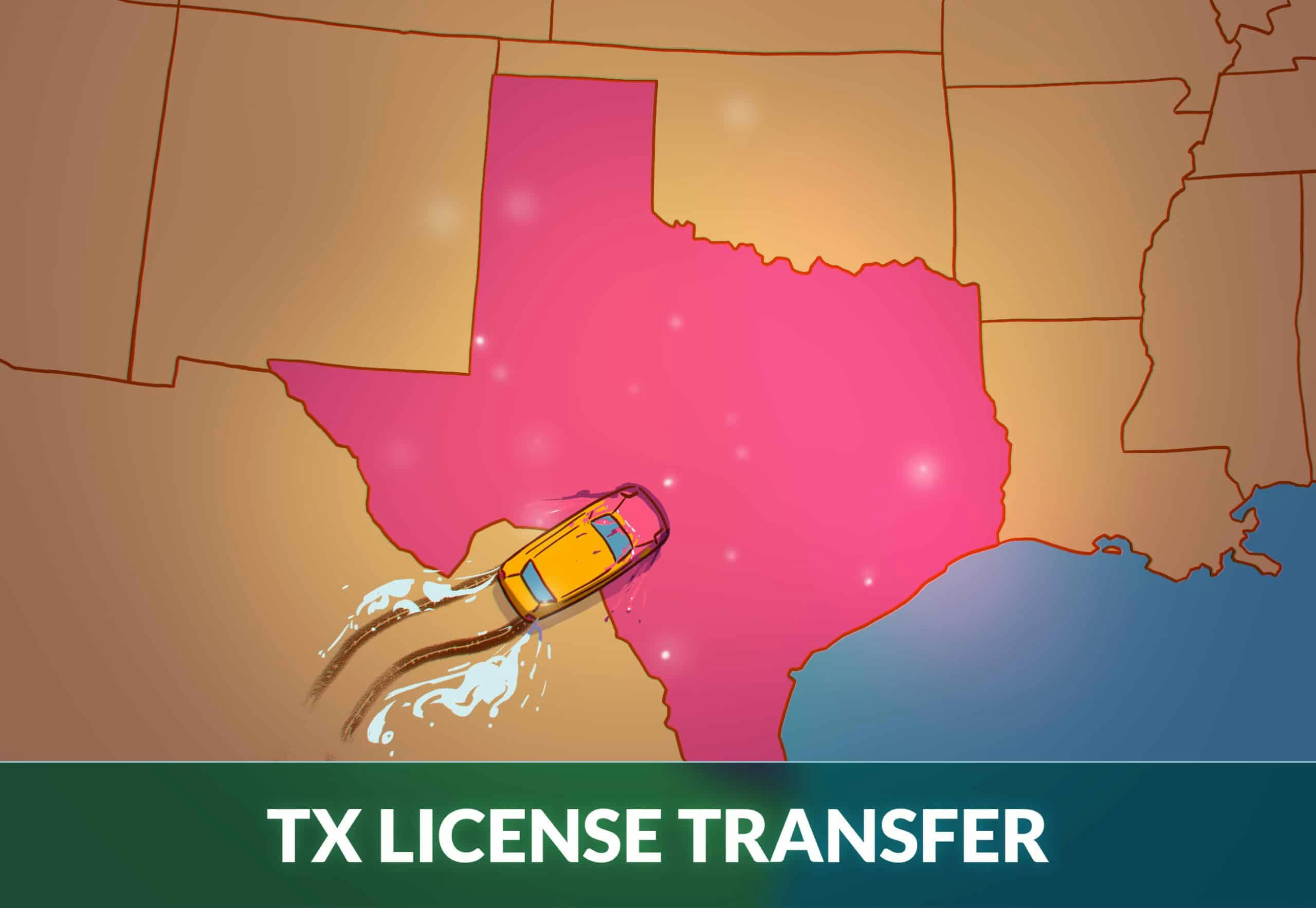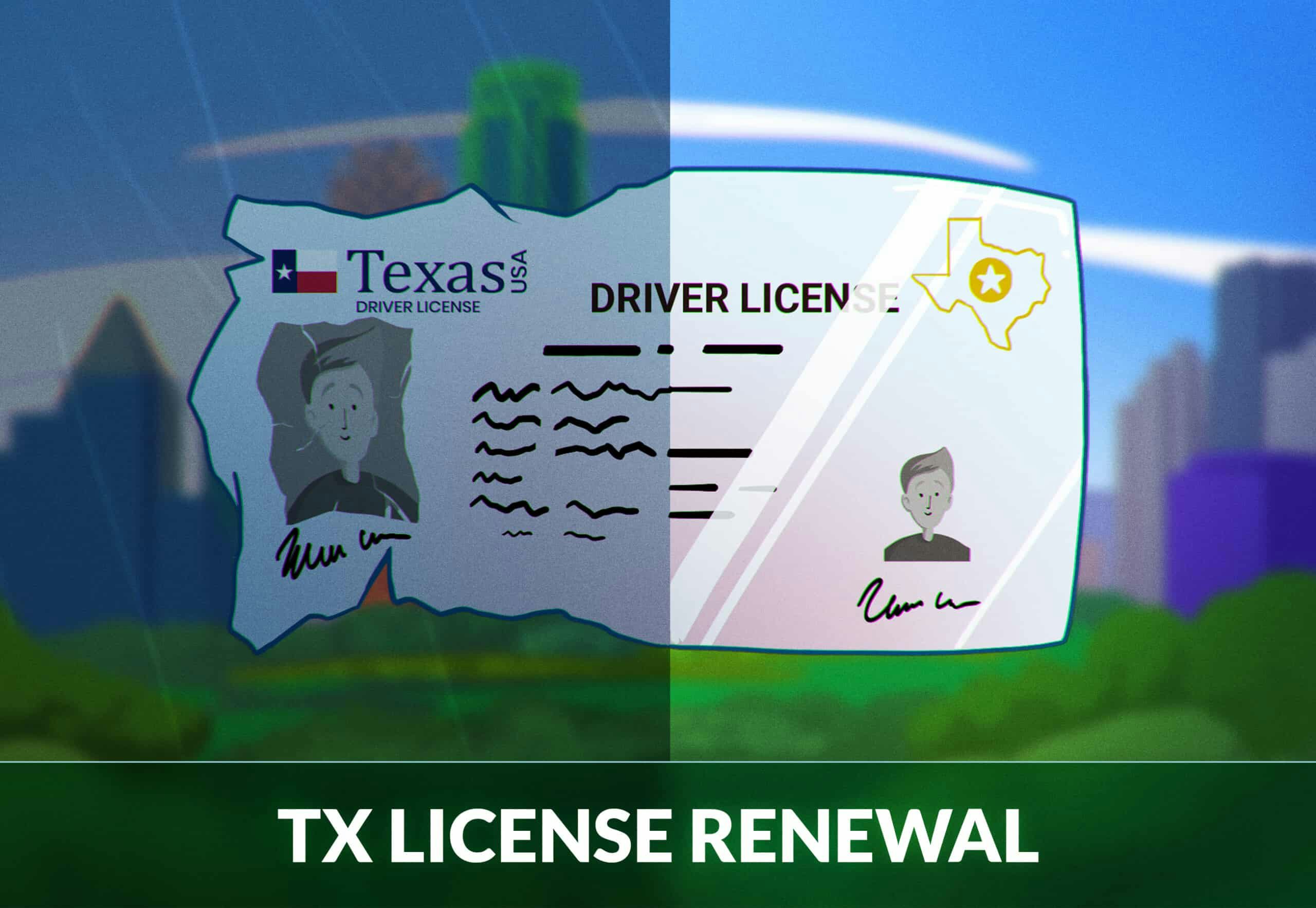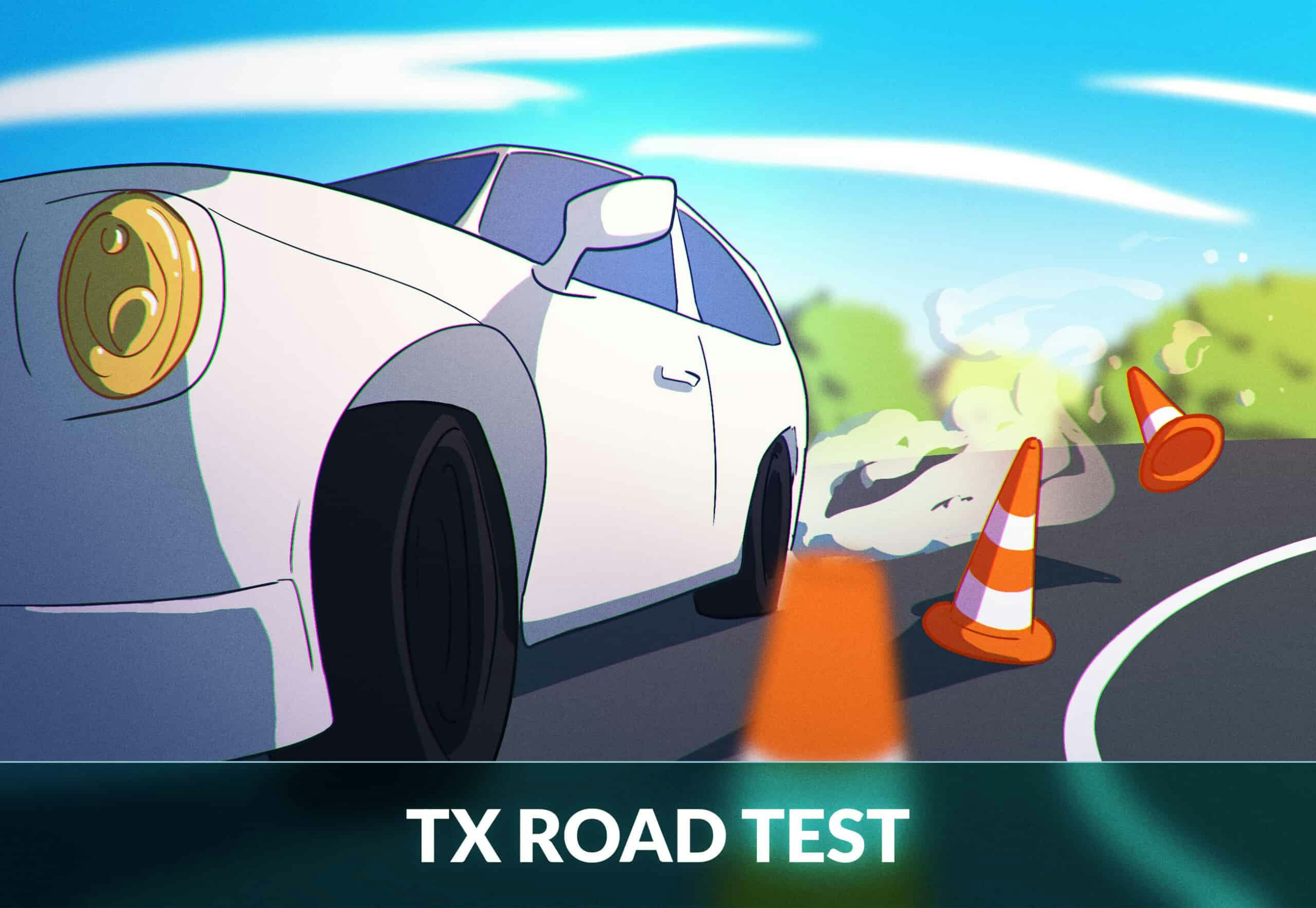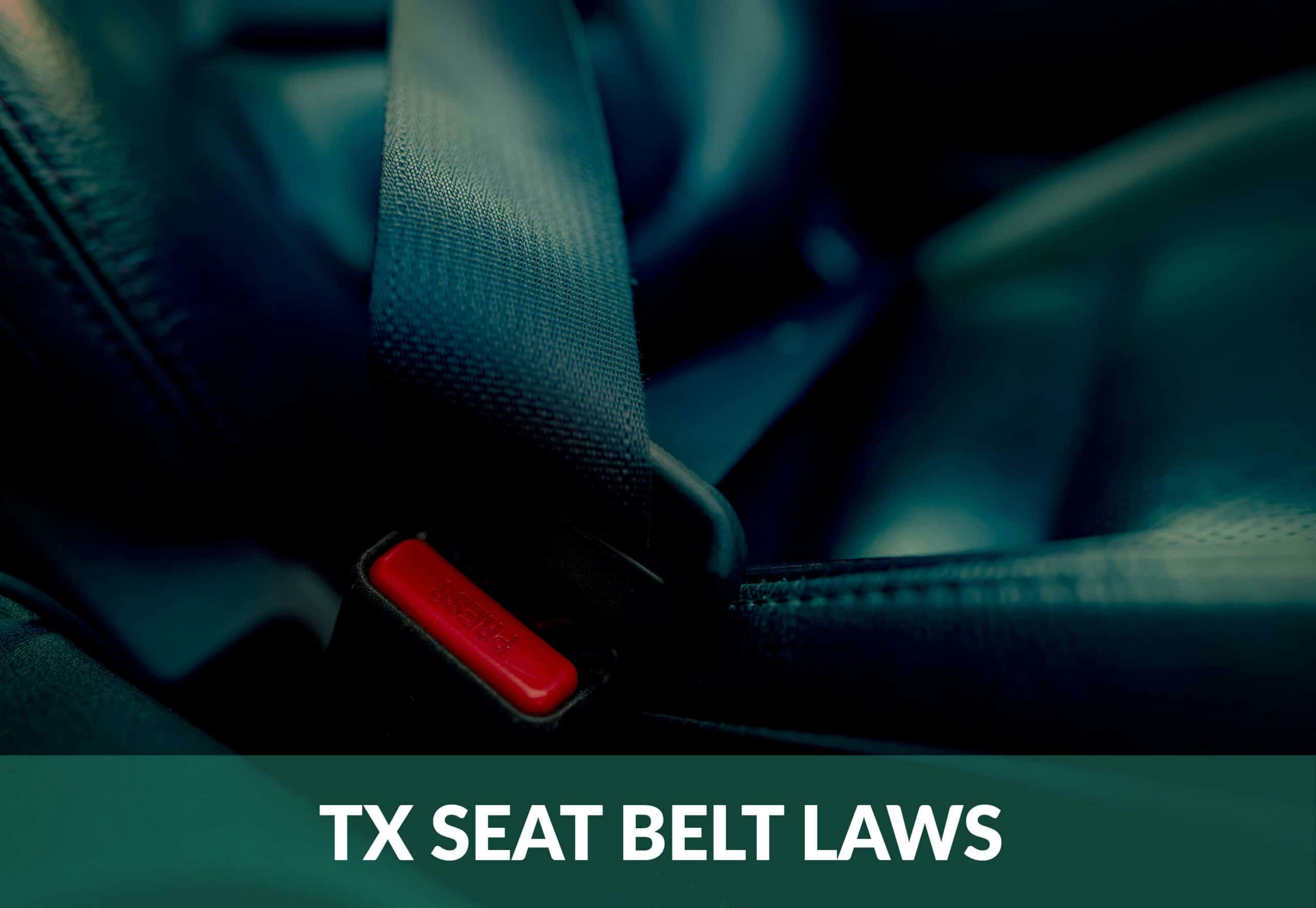
Texas Seat Belt Laws for Children and Adults
Each year, more than 3,000 people are killed in traffic crashes and more than 80,000 are injured in Texas. An estimated 3% of the fatalities are children.
Using a seat belt is the single most effective way to save your life and reduce injuries in case of a crash. Seat belts greatly increase the survival rate for drivers and passengers. For children, a booster seat should be used instead.
In a crash, unrestrained persons are often thrown out of the car or thrown around inside – resulting in serious or fatal injuries. According to the NHTSA, seat belts will reduce the risk of moderate-to-critical injury by at least 50%.
It’s vital that you follow the Texas seat belt laws to avoid a tragedy for you or your loved ones.
Child Seat Belt Laws in Texas
Seat belts aren’t designed to protect small bodies. Children must, by law, be secured in an appropriate child restraint system that meets the federal standards. What is appropriate depends on the size and body of the child – in fact, properly used booster seats could save up to 70% of the children who are killed while unrestrained.
Booster Seat Requirements
The Texas child seat belt laws outline the requirements and restrictions imposed when driving with a child in the vehicle.
Here are the general guidelines:
- Infants and toddlers should use a rear-facing car seat until at least 2 years old or too large for the seat.
- Children over 2 years old may ride in forward-facing seats.
- Children between 4 and 8 years old can use a booster seat.
- Children under 8 years old and less than 4 feet 9 inches tall must be properly secured in a child passenger safety seat system.
- Children under the age of 13 should be restrained in the back seat
- Each child under 17 years old must use a safety seat or seat belt.
Always refer to your specific child seat manufacturer’s instructions for what seat to use at which age and size, and how to correctly place the car seat. Furthermore, the car seat manufacturer may have other recommendations that must be followed.
Front- or back seat?
The back seat is safer for all children as the explosive power of the passenger airbag can fatally injure a child. Children in rear-facing restraints must, according to The National Safety Council, NEVER ride in the front seat if the vehicle has an active passenger-side airbag.
Adult Seat Belt Laws
The Texas seat belt safety laws are more restrictive compared to many other U.S. states. The driver and all passengers, regardless of age and seating position, must use a seat belt if occupying a seat with a safety belt. Each seat belt violation can result in a fine between $25 to $250, in addition to court costs.
In some circumstances wearing a seat belt may be very difficult, extremely inconvenient, or near impossible, such as for medical reasons or postal workers delivering the post. Therefore, there are certain exemptions to the law.
The exemptions include:
- For medical reasons when a seat belt is impractical or hurtful. You need a physician’s note detailing your name, date, and medical reason.
- Postal workers.
- Solid waste truck workers.
- Certain commercial farm vehicle operators.
- Newspaper delivery workers.
- Utility workers.
If you are a passenger in a vintage vehicle without seat belts, you may also be exempt depending on the speed you are traveling at and the age of the car. Look up your local jurisdiction to see what your local safety belt law says.
How to Wear a Safety Belt
Seat belts come with a lap part and a shoulder strap, and both must be worn to get the best protection in a crash. Seat belts are the most effective when they:
- are flat – this means they have no turns or twists
- are firm – remove any slack
- are placed below your hips, which secures your bodyweight fully
In a crash, incorrectly worn seat belts may cause neck, chest, and abdominal injuries.
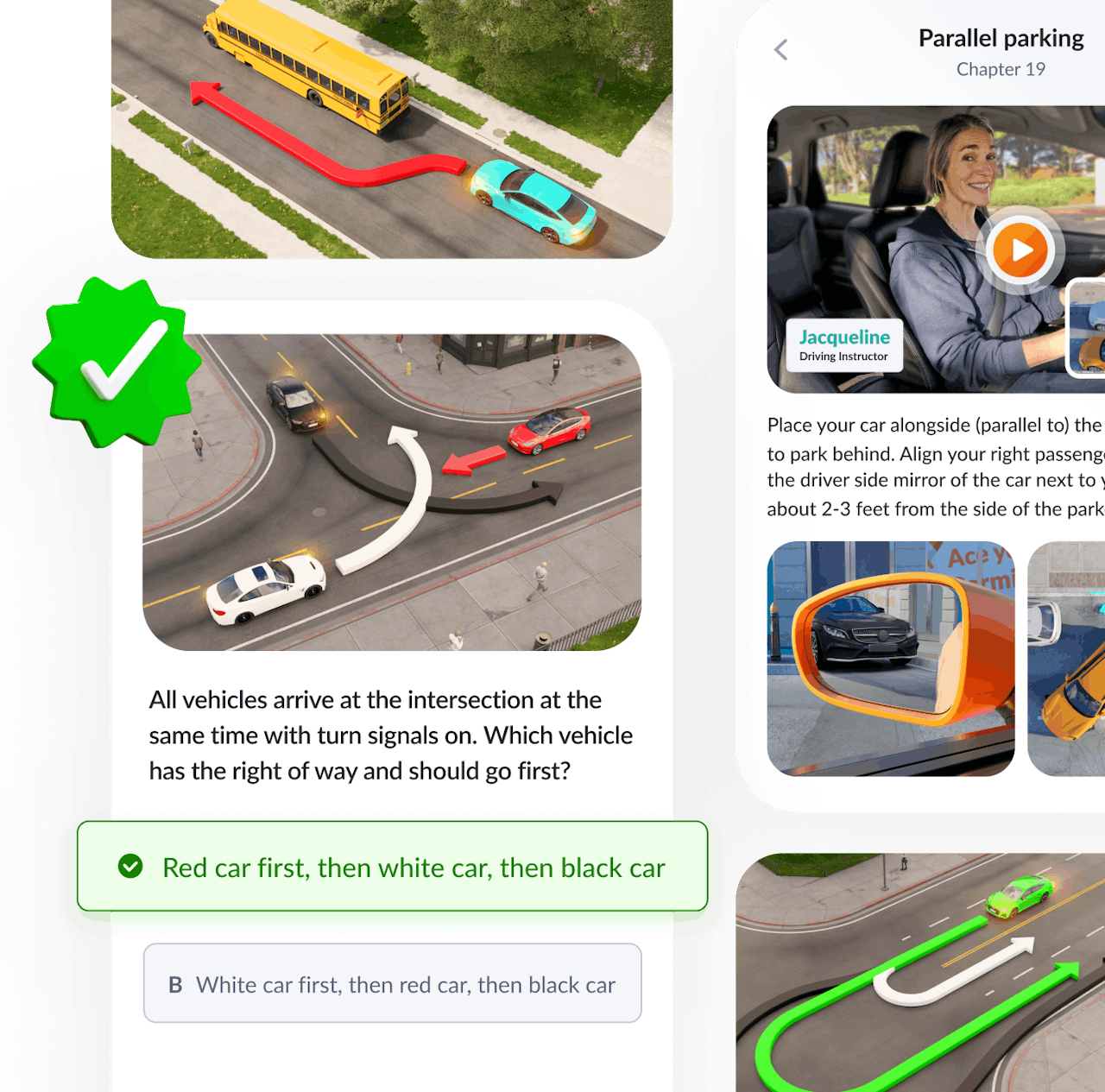
600+ exam-like questions and practice tests
Easy summarized DMV handbook
America’s #1 driver’s ed app with a 95.8% pass rate
Recommended articles
Country
Ace your DMV test, guaranteed
